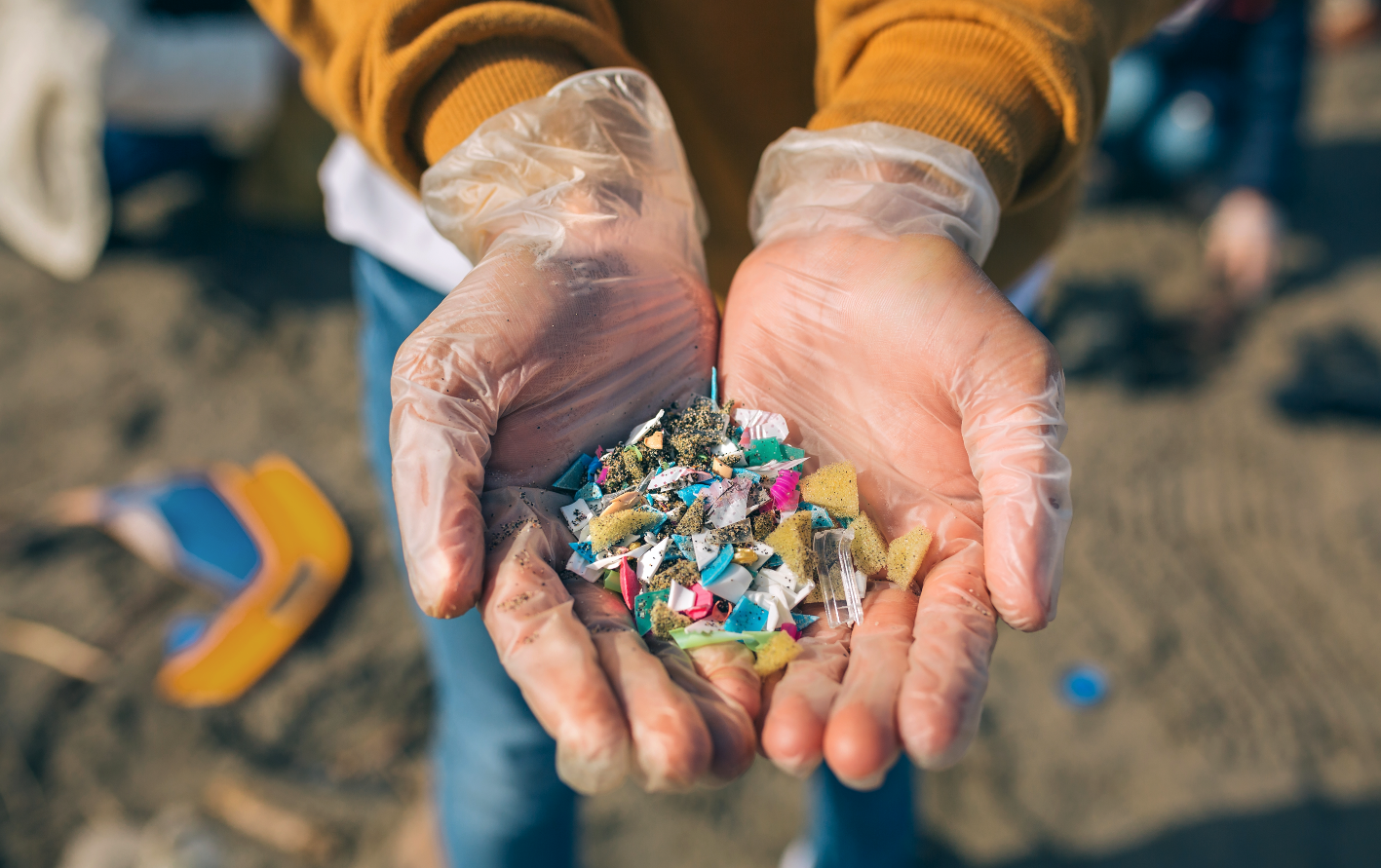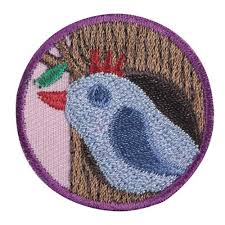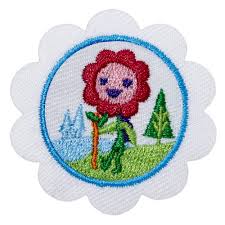Biology Lab
Be a part of a citizen science project created by FIU PhD student, Melinda Paduani. Students will look for microplastics within water samples taken from Biscayne Bay as part of the Miami Plastic Patrol. Students will then analyze their samples and contribute to then project that is seeking to determine the amount and kinds of microplastics in our water. The best part? Teachers can continue the data collection and analyzation with students after the interactive lab.

Reserve This Program
Fill out our form to begin your reservation. Lab experiences last 45 minutes. Each session accommodates up to 30 individuals. Experiences are primarily offered during core hours of 10 a.m. to 3 p.m.
Virtual
- Offered Monday–Friday
- Requires a strong internet connection
- $250 for first virtual lab; 10% each additional virtual lab of the same theme on the same day
In-Person
- Primarily offered on Tuesdays, Wednesdays and Thursdays
- Hosted at your site; requires a classroom, library or other quiet setting
- $300 for first in-person lab; 10% off each additional lab of the same theme on the same day
Requests for alternate days or times will be considered. Within 48 hours after you submit your request, an Education Outreach team member will contact you to discuss your proposed itinerary. Once everything is reviewed and set, the invoice will be sent.
Alignments
Check out how our program aligns to Florida Department of Education and Scout benchmarks:
More to Explore
Want to get more from your adventures?
Combine labs, demos and field trips to reinforce learning and fun.
- DNA Detectives – Explore the mysteries that can be solved through the power of genetics through this lab which examines different methods to extract and analyze DNA.
- Squid Dissection – Starting out as zooplankton, discover how a squid’s unique internal and external morphology is crucial to its survival.

